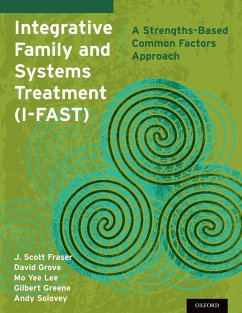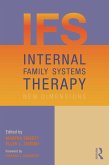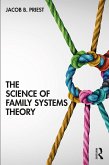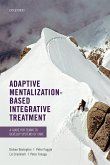Funders of mental health services to youth and families have increasingly required providers to use treatments deemed to be "evidence-based." There are several evidence-based family treatment (EBFT) approaches found to be effective with the same types of presenting problems and populations. All of these EBFTs claim to be based on similar theoretical approaches and have specified treatment protocols that providers must follow to be faithful to the model. These EBFTs are expensive for agencies to establish and maintain. Many agencies that initially adopted one of these EBFTs later de-adopted it because they could not sustain it when billing Medicaid is the only way to pay for such services. Meta-analyses of treatment outcome studies have found that various theoretical approaches to therapy are effective, but no one approach is more effective than any other. What accounts for client improvement is not the specific treatment approach, but rather the factors they all have in common. To provide an effective, affordable, and flexible approach to family treatment the authors of this book developed and have conducted researched on an approach they call Integrative Family and Systems Treatment (I-FAST). I-FAST is a meta-model organized around the common factors to family treatment. Such a model does not require practitioners to learn a completely new way to provide treatment but rather it builds on and incorporates the clinical strengths and skills they already possess. This book is a manual for how to faithfully and flexibly provide I-FAST. A manual for a meta-model to treatment based on the common factors has never been provided. This book provides clear guidelines illustrated by cases examples for not only how to provide I-FAST but also how to teach and supervise it as well as how to integrate I-FAST with the rest of an agency's services and programs.
Dieser Download kann aus rechtlichen Gründen nur mit Rechnungsadresse in A, B, BG, CY, CZ, D, DK, EW, E, FIN, F, GR, HR, H, IRL, I, LT, L, LR, M, NL, PL, P, R, S, SLO, SK ausgeliefert werden.









